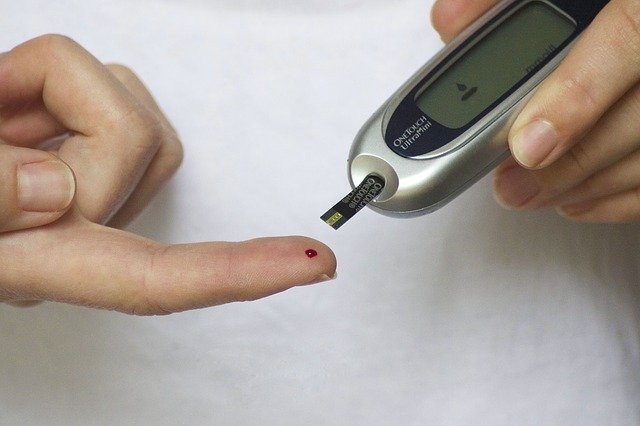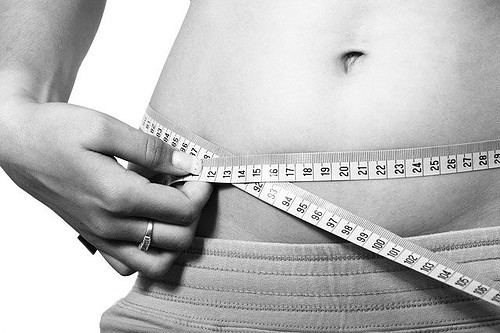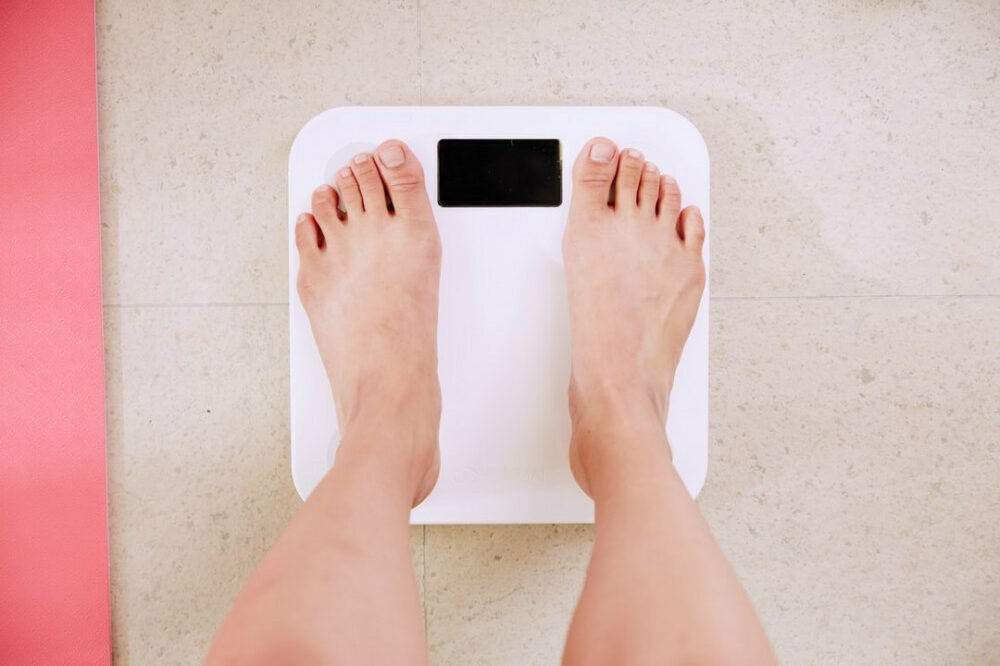In today’s post, you can learn how you can measure ketosis levels. Many people are wondering if ketosis is measurable. Can you actually check if you are in ketosis if you do not recognize it yourself? Sure! Read on to discuss a few methods on how to measure ketosis levels.
Many people are wondering if ketosis is measurable. Can you actually check if you are in ketosis if you do not recognize it yourself? Sure! Read on to discuss a few methods on how to measure ketosis levels.
How to Measure Ketosis Levels
It is important to know how ketosis works. Check out this post to learn a bit more about achieving ketosis. Basically, though, when the glucose in your body is scarce, your liver creates “ketone bodies” for your brain to use for energy instead. Ketone bodies are:
- Acetoacetate
- Beta-hydroxybutyrate
- Acetone
These molecules are in the blood and are able to cross the blood-brain barrier and therefore able to supply the brain with energy, like glucose usually does.
Measuring ketosis relies on measuring these ketone bodies or their excretory forms.
…via Blood
A very accurate and quick way to measure ketone levels is to use a specially designed meter that works similarly to a blood glucose meter. A drop of blood must be applied to a test strip and within a few seconds the concentration of beta-hydroxybutyrate is directly measured. The reference unit is millimol per liter (mmol/l).
The disadvantages are that you have to pierce your skin each time and that the test strips you need for each new measurement are relatively expensive (~1$/€ per strip/measurement). But the purchase costs of the device are moderate.
These meters which use your blood tend to be very accurate for measuring ketone levels, such as with the blood glucose and ketones testing meter by Keto-Mojo.
Check out the video below for a demonstration on how a glucose and ketone meter works.
Click Here & Save 15% on your Keto-Mojo Blood Ketone & Glucose Monitor Kit!
…via Breath
A further possibility to measure ketone levels is by a breath meter. The disadvantage in advance: The purchase of these devices is relatively expensive, but there are no running costs. Acetone can be measured via the breath (in the keto diet, it can be perceived as “keto-breath”). Because it is a gas rather than a liquid, the unit is PPM (parts per million). This is important because the conversion is not linear, and therefore an equation must be used to determine the actual value.
Since the measurement is based on a different ketone body than that found in blood, the comparability with the other ketone level measurement methods depends on several factors, such as your metabolism and your athletic activity.
It is a reliable method to measure ketosis, the devices are practical, small, and portable and you don’t have to pierce your skin.
…via Urine
This type of measurement is by now well-known; urine test strips which change color within seconds after use to determine how high the ketone levels in the blood are. The rather unknown fact about measuring ketone levels via urine is that the ketone concentration in the urine is not linear compared to that in the blood and also not always constant. It depends on hydration, kidney function, and acid-base balance. In addition, most test strips only measure acetoacetate. The longer you are in ketosis, acetoacetate values decrease and beta-hydroxybutyrate values increase, and the test strips are no longer very accurate. If you don’t know this, you are easily irritated and may not think you are in ketosis!
The advantage is that the strips are very cheap. So, they are really only useful in the first weeks to check if you have made the change into ketosis and with how many grams of carbohydrates you can achieve ketosis. They are not suitable for long-term monitoring.
What should my ketone levels be?
In general, the values in which you feel best in ketosis are unique. For athletic and mental performance the range 1,0-3,0 mmol/l is the optimal zone. Everything above 3.0 mmol/l are areas reserved for medical therapies (neurological diseases, epilepsy therapy). For healthy persons there is no reason to want to reach such values, as all benefits of ketosis are obtainable from 1.0 mmol/l.
The range 1.0-3.0 mmol/l is perfectly sufficient for muscle build-up and fat reduction.
Conclusion
It is helpful to measure ketone levels regularly when you want to determine exactly how many carbs you may eat to get into and remain in ketosis or to optimize your diet. Urine tests can help you only in the beginning and when you are coming in and out of ketosis, not long-term. Otherwise, breath analyzers and blood meters can help you measure ketone levels. Both are very easy to use and sufficiently accurate.
I hope this article has helped you understand the different methods of how you can measure ketosis!
Have you tried any of these methods and devices?
Thanks for reading,
Anna
www.readyforketo.com





This is great! It is the first time i am hearing about this process call ketosis, Your article has given me so much information like the different ways to measure your ketosis and advantages of them all. I for one would be interested in this product, The health benefits are truly amazing. Thank you for your wonderful post.
Hey Anna
Thanks for the article on how to test your ketone levels.
I am also very interested in Keto and exercise and have some interesting articles on ketoandexercise if you would like to check them out.
My wife and I both did Keto for a while, and she measured her ketones with urine strips. They were hit and miss, as you say, based on hydration and other factors.
Something is better than nothing, I guess. I never did measure, but assumed that since we were eating the same foods, I would be pretty close.
Keto worked for us to help us lose some weight and get back into shape, but as we exercise more regularly (resistance training) we found that we needed to “carb up” once in a while to continue to gain muscle.
Thanks again for the article.
Keep u the good work.
Have a great day!
Tom
Hello Anna!
Speaking of measuring ketosis via blood, I remember my father using such a device with test strips, in his last day of life (he was suffering from type 2 diabetes and the illness was discovered shortly before he died). And yes, he had to pierce his skin at some precisely given hours. I also remember he was provided with only 15 test strips instead of 35 as the box content should have been… Fast forward, it’s a sad story.
I understand that anyone can measure their ketosis via various ways including breath and urine, regardless of whether they suffer from any illness or not. For healthy people (or at least, apparently healthy), this would be a preventive health behavior, helping them with detecting early signs of illnesses. Unfortunately, many of us are not willing to make such tests as long as we perceive ourselves as “healthy”, and if it gets late… it’s tragic but true. It is up to us!
Best regards,
Peter
Thank you for the awesome post! My wife has been doing the Keto diet, and we just recently found out that you can get a ketone measurement done. She has been doing it for 2 months and we are just figuring this out a week ago! She is planning on getting a urine test done. Thank you for letting us know what a good level is!